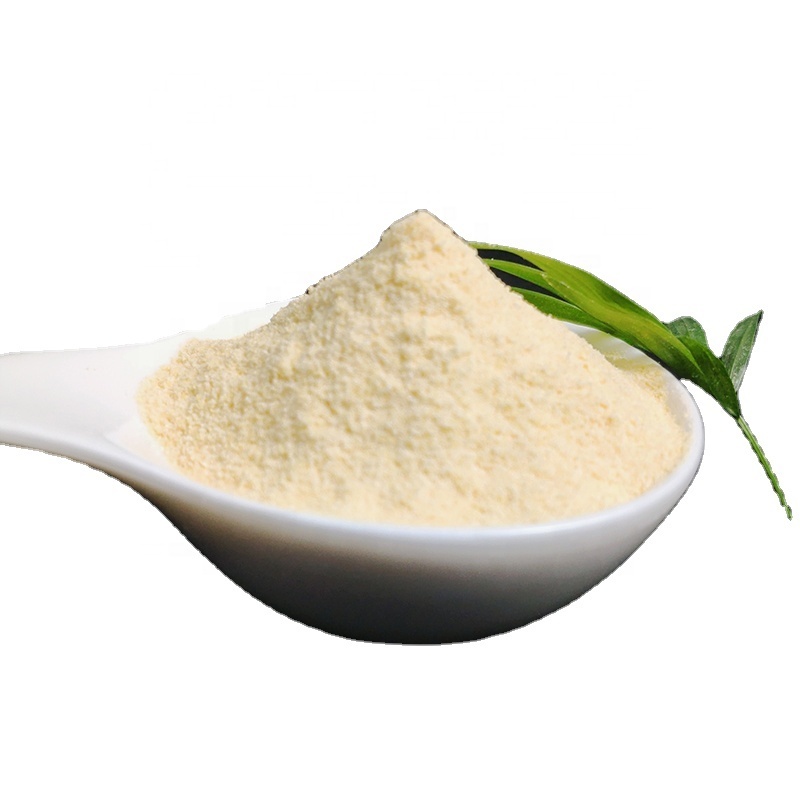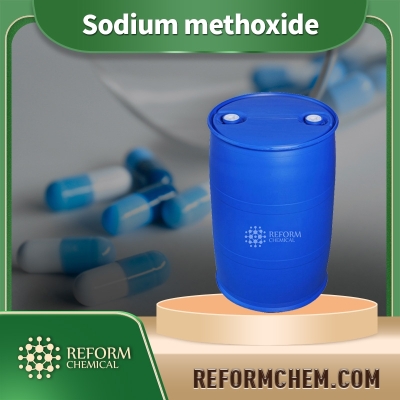-
Categories
-
Pharmaceutical Intermediates
-
Active Pharmaceutical Ingredients
-
Food Additives
- Industrial Coatings
- Agrochemicals
- Dyes and Pigments
- Surfactant
- Flavors and Fragrances
- Chemical Reagents
- Catalyst and Auxiliary
- Natural Products
- Inorganic Chemistry
-
Organic Chemistry
-
Biochemical Engineering
- Analytical Chemistry
-
Cosmetic Ingredient
- Water Treatment Chemical
-
Pharmaceutical Intermediates
Promotion
ECHEMI Mall
Wholesale
Weekly Price
Exhibition
News
-
Trade Service
Oil futures rose sharply on Monday, with Brent crude exceeding $120 a barrel after Saudi Arabia raised its July crude sales price, indicating that supply remains tight
even if OPEC+ agrees to accelerate production increases in the next two months, OE website reported on June 6.
At 3:43 GMT, Brent crude rose 91 cents, or 0.
8 percent, to $120.
63 a barrel, after hitting an intraday high of $121.
95 and up 1.
8 percent
from Friday.
U.
S.
West Texas Intermediate CLc1 futures rose 93 cents, or 0.
8 percent, to $119.
80 a barrel, after hitting a three-month high of $
120.
99.
It rose 1.
7%
on Friday.
Saudi Arabia raised its flagship Arab Light crude to Asia's official selling price (OSP) premium to the average of Oman and Dubai benchmarks to $6.
50 from $4.
40 in June, Saudi Aramco, Saudi Arabia
, state-owned oil producer said on Sunday.
The OSP in July was the highest since May, when oil prices hit record highs due to supply disruptions due to concerns about geopolitical conflict
.
Oil prices rose despite last week's decision by the Organization of the Petroleum Exporting Countries and its allies to raise oil production by 648,000 barrels per day in July and August, 50% higher than previously planned
.
Iraq said on Friday it planned to raise production to 4.
58 million barrels
per day in July.
Avtar Sandu, commodities manager at Phillip Futures in Singapore, said oil producers were "striking while the iron was hot," adding that summer-driven demand in the U.
S.
and adjustment of pandemic measures by Asian powers were expected to keep oil prices high
.
OPEC+'s move to increase production ahead of schedule is widely seen as unlikely to meet demand, as the increase is spread across all member countries, including capacity countries
facing sanctions.
Vivek Dhar, an analyst at Commonwealth Bank, said in a note that while the increase was necessary, it was still below demand growth expectations, especially with a partial ban on oil imports by major countries by the European Union
.







